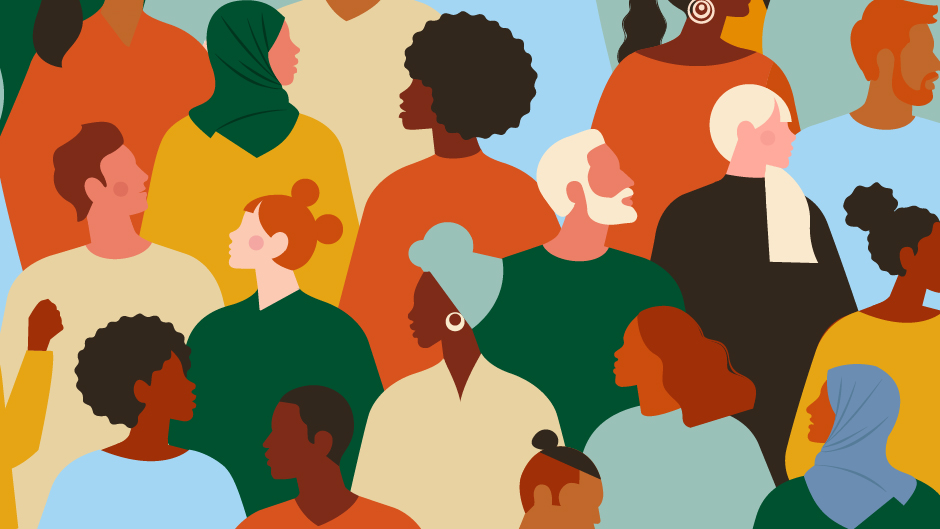Imagine the day your health care provider can prescribe the most effective medication for your condition based directly on your genes, your lifestyle, or your environment. All of Us is the largest and most inclusive study undertaken by the National Institutes of Health(NIH). By asking more than one million or more volunteers across the nation to share different types of health and lifestyle information, the initiative aims to speed up health research and medical breakthroughs to improve health outcomes and deliver precision and personalized medicine to patients. The University of Miami is the lead partner in the SouthEast Enrollment Center, which was awarded a $60 million grant to enroll about 100,000 people in Florida and Georgia by 2023
At the moment, health care is often a one-size-fits-all application. But imagine a future where health treatments are tailored specifically to the individual. Precision medicine in health care takes into account factors like where you live, what you do, and your family’s health history. The goal is to be able to tell people the best ways to stay healthy. If someone does get sick, precision medicine may help health care teams find the treatment that will work best. But just how is this research being achieved? Here are some facts about the All of Us Research Program.
All of Us has recruited over 10,000 participants.
Of those recruited, 93 percent are from populations underrepresented in biomedical research, particularly of Hispanic/Latino and Caribbean ancestry.
Medical research has age, gender, and racial gaps.
These gaps are what the All of Us study is working to close. South Florida is one of the most ethnically diverse communities in the United States. That's why the All of Us Research Program at the University strives to ensure that our rich diversity is represented in future health research.
Volunteers may be compensated for their time.
Participants are offered a one-time compensation of $25. Simply visit an All of Us partner center to be physically measured and to give blood or urine samples.
All of Us plans to check your DNA for a variety of information, which may include facts about:
- Your ancestry.
- Your traits, such as why you might love or hate cilantro.
- If you have an increased risk of developing a particular health condition.
- How your body might react to certain medications.
- Other health-related information.
Participants have the option to consent or not for the DNA analysis and receiving results.
Researchers are constantly learning new things about how to study DNA.
The list of what the program will check for may change as researchers make new discoveries. The American College of Medical Genetics and Genomics maintains a list of genes that are associated with the risk of certain serious health conditions. If people know in advance that they are at a higher risk for one of those conditions, there are steps they can take to help prevent or identify it early.
Anyone interested in signing up for the All of Us program can create an account at joinallofus.org and fill out the enrollment and consent forms. The online process, which takes about 30 minutes, includes watching videos, answering several health surveys, and, for those who agree, sharing electronic medical records. Participants who complete those steps will be invited later to a University of Miami site to provide their height, weight, blood pressure, and samples of their blood and urine. The data, which will be encrypted and subject to robust privacy safeguards, will be used to build the national All of Us database. The program will contact participants about new surveys and additional ways to share information.

